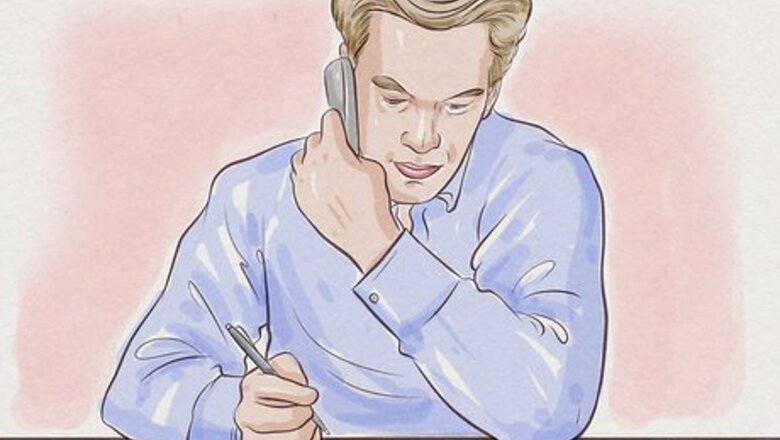
views
Obtaining Certifications

Research specific guidelines for your area. Each state has different qualifications for becoming a fishing guide. Contact your state's Division of Fish and Wildlife and/or Department of Law Enforcement to determine the proper requirements for your specific state. If you don’t live in the United States, check with your country’s guidelines. Some state requirements are rather rigorous, while others are more lax. Many states require guides to have a coast guard license, CPR certification, and insurance.
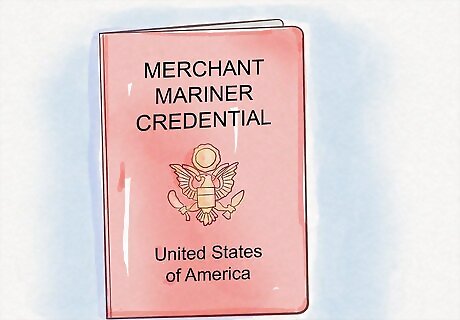
Obtain a coast guard license. A coast guard license (also called a Merchant Mariner Credential, or MCC) is required if you plan to take passengers on a motorized boat. This is a meticulous process with several steps. You will need to: Submit an application at a Regional Exam Center or through the mail Verify that you've spent 360 days (8 hours = 1 day) on a boat (90 within the last year) Present 3 notarized letters of recommendation Pass a background check (and provide finger prints) Pass a written test (120 multiple choice questions) Pay a fee (around $300)
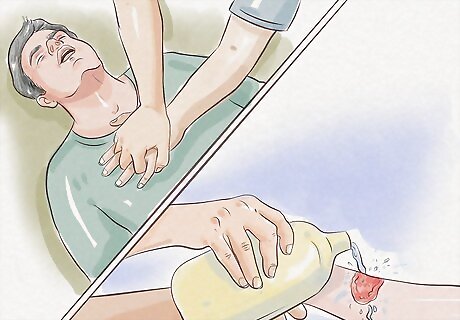
Become certified in CPR and first aid. Many states require this for a fishing guide business. A guide must be able to demonstrate that they are able to handle at least general water and health emergencies. Take a course through your local Red Cross or community college. If you have been previously certified, make sure it is still valid.
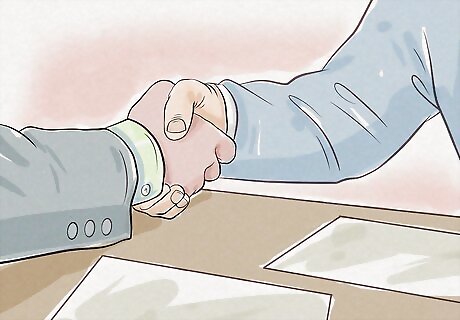
Obtain business insurance. Many states will require you to carry a minimum of $1 million dollars in business insurance. Insurance is a safeguard against those unforeseen accidents or incidents that might occur on a boat or in the outdoors. Contact a local insurance company and inquire about business insurance.
Drumming Up Business
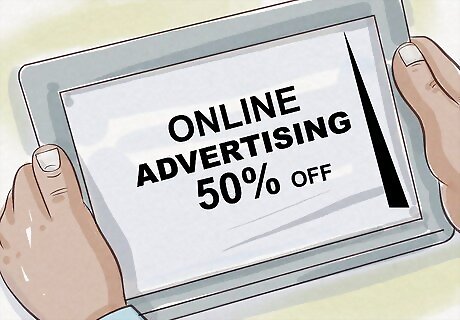
Advertise in local and online publications. If there are local publications that focus on tourism, and/our outdoor recreation, look into purchasing advertising space there. Local weekly entertainment magazines are an excellent choice as well. Any online publication that focuses on outdoor adventure might be a good place to advertise, too. You might consider creating a website for your business or an online blog for sharing tips as well as marketing your services.
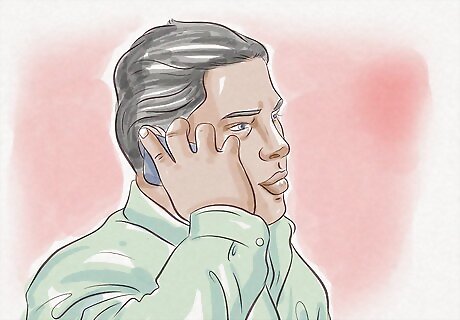
Contact local businesses. Speak to local business owners and find out if they are willing to help advertise your business. You can provide them with posters, business cards, and other promotional materials. Contact hotels, resorts, and dude ranches. Contact bait stores or retail outlets associated with fishing ask them to refer clients.
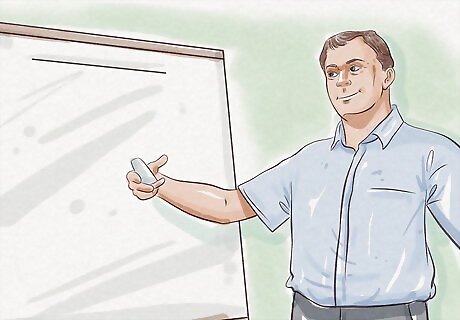
Hold free or low-cost clinics. Free or low-cost clinics can help you get to know people interested in fishing, and help acquaint these people with your services. Teach clients basic fishing skills and safety procedures. Consider offering clinics tailored to certain groups, such as: Kids Women Senior Citizens First-time fishermen
Understanding the Job Requirements

Decide if you are a "people person." Knowing how to catch fish is an important component of being a fishing guide, but it isn't the most important requirement. Instead, knowing how to interact with people, and being able to stay patient with people as they learn to fish is #1. Consider how much you enjoy people. Are you charismatic and patient? Are you a good teacher and communicator? If so, you might make a great guide.
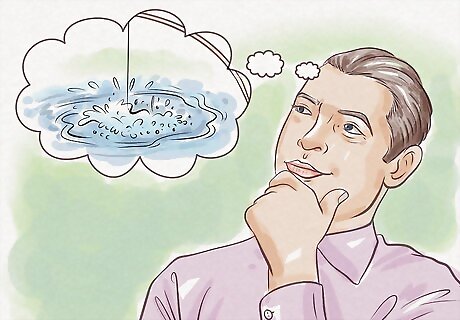
Realize you won't actually be fishing. Many people turn to guiding because they love to fish. Unfortunately, many guides never even pick up a rod during outings. Rather than catching fish for yourself, your sole responsibility will be helping others catch fish. Understanding this before you begin your guiding journey will help you become a better guide. It's important to take care of yourself so you can give your client the best possible experience. That means making sure you get enough sleep, tending to your own self-care and wellbeing, and going out to fish for fun when you get a chance.

Look at your finances. It can take 3-4 years to establish yourself as a successful fishing guide. Additionally, during those first few years, you may need to invest in equipment. Look a good look at your finances and decide if you have the resources to start your own business. Consider starting your career as a fishing guide as a part-time venture while you maintain your regular job.
















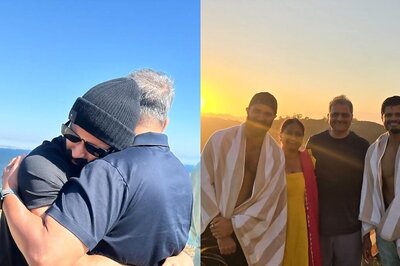



Comments
0 comment